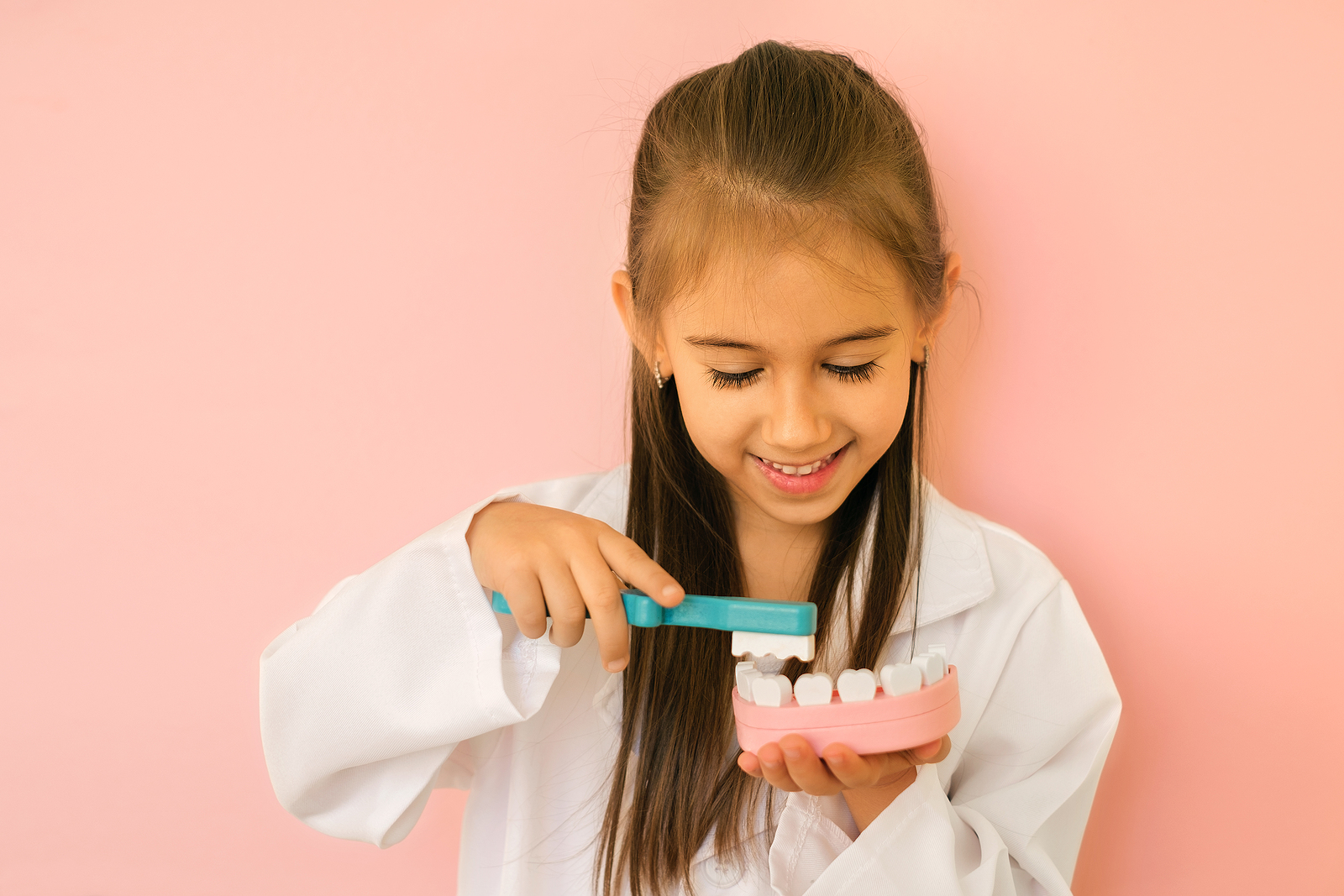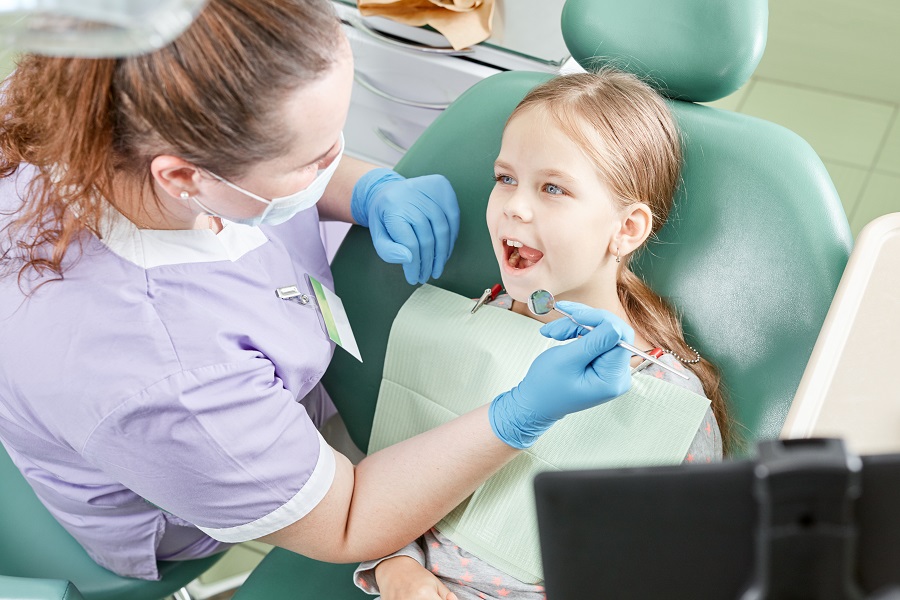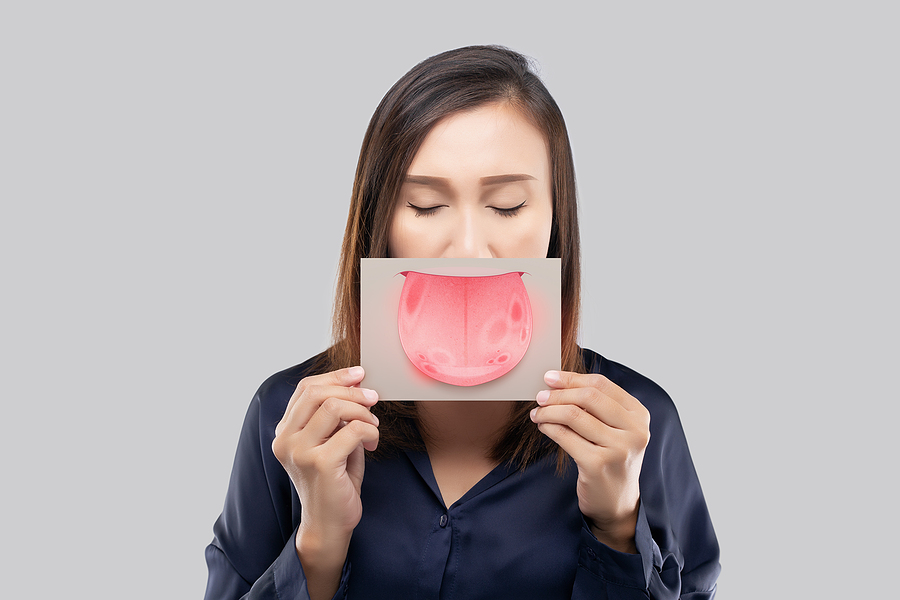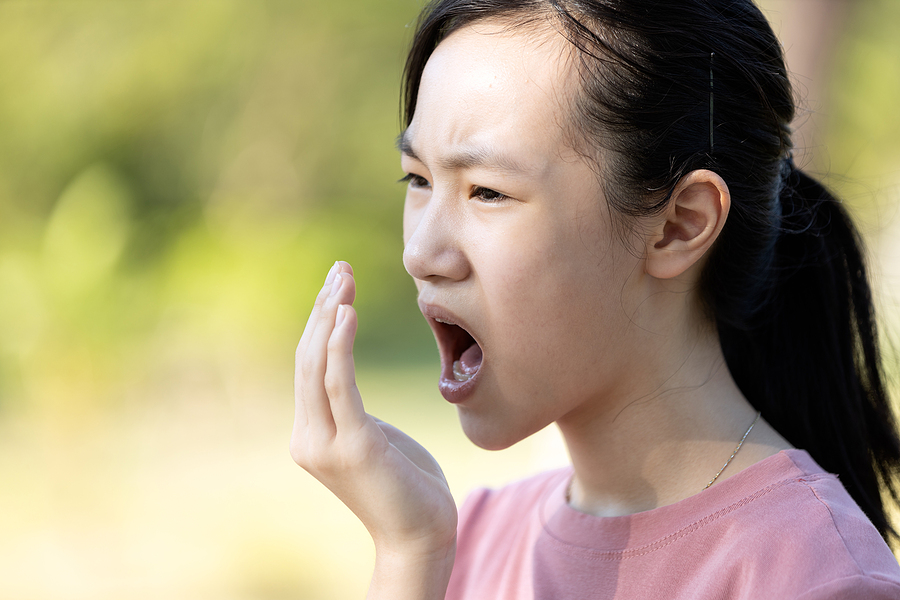Studies in dentistry have shown that more people have been using fluoride-free toothpaste for their everyday brushing. This fact is troubling to some dental health experts as it is believed these patients will be at a greater risk to develop dental decay, or cavities.
Typically, most toothpastes contain fluoride as its main ingredient. Studies have shown that it is cavity blocker: fluoride can strengthen the teeth by being incorporated into the enamel (outer layer of the tooth) when it comes in contact with the tooth. This stronger enamel is able to better resist breakdown that is started by cavity-causing bacteria. Thus, fluoride helps prevent cavities. On the other hand, marketers of natural ingredient toothpastes, as well as alternative medicine advocates, state that fluoride-free toothpastes can also prevent cavities. Through merely wiping the teeth with a toothbrush and an abrasive paste (non-fluoridated), cavities can be prevented. This is where dental experts do not agree.
Brushing alone does not stop decay
It has been widely accepted by most dentists for decades that brushing alone does not really stop the teeth from decaying, but rather, the “application” of fluoride to the tooth by way of using a toothpaste prevents tooth decay. However, there is a percentage of dentists and other dental health professionals that do not recommend fluoride supplementation. In fact, they believe that fluoride can be harmful to the body. As this has been a point of contention in dentistry for many years, there have been many studies done on this topic. These studies have shown that brushing alone is not enough to prevent cavities. The addition of fluoride to the toothpaste is the key ingredient to preventing decay formation.
In recent sales turnout, the the popularity of non-fluoridated toothpaste is on the rise. Aside from the fact that consumers are generally unaware of this need for fluoride toothpaste, the idea that ingesting fluoride may cause bodily harm has led them to buy fluoride-free toothpaste. There is no concrete evidence to support this claim.
No promise of cavity prevention
Current sales records have shown that an antiplaque and whitening toothpaste was listed as the second best selling toothpaste in Amazon. This toothpaste is also fluoride free. When questioned about this fact, marketing agents for the product reiterated that their product does not promise the cavity prevention benefit. Unfortunately, it is very possible that this message is not getting passed on clearly to the consumers. There is a common misconception that all toothpaste is created equal. In this case, it is not.
But in fairness, brushing and/or flossing alone does benefit overall oral hygiene. It helps to clean the teeth, remove plaque. Some studies have even shown that brushing can reduce swollen gums, remove stuck food in between the teeth, and can even help patients to recover after undergoing oral surgery.
The issue come in when we talk cavity prevention. While brushing and flossing alone have many benefits, studies yield to a common conclusion that these activities alone cannot prevent cavities from forming. It was a long standing notion that as long as you keep your teeth clean, you can prevent cavities from forming. But according to further studies and their results, cavities break down the enamel of a tooth as they form and develop. Thus by strengthening the enamel, fluoride can help to prevent tooth decay.
Why fluoride should still be included
There are many reasons why fluoride should still be included in every kind toothpaste that consumers use in order to fight and prevent tooth decay:
- The risk of fluoride intake is almost negligible as the fluoride content in toothpaste is not enough to cause harm to humans with proper daily use.
- Using a fluoride-free toothpaste does not prevent against development of cavities.
- A minty taste during and after brushing does not necessarily mean the teeth are free from plaque and thoroughly cleaned.
- Fluoride is absorbed by the teeth and help them resist bacteria. Without it, continuous exposure to bacteria and plaque could eventually lead to decay.
More Blog Posts
Office Hours
MON - THU8:00 am - 5:00 pm
FRI8:00 am - 2:00 pm
SAT - SUNClosed





